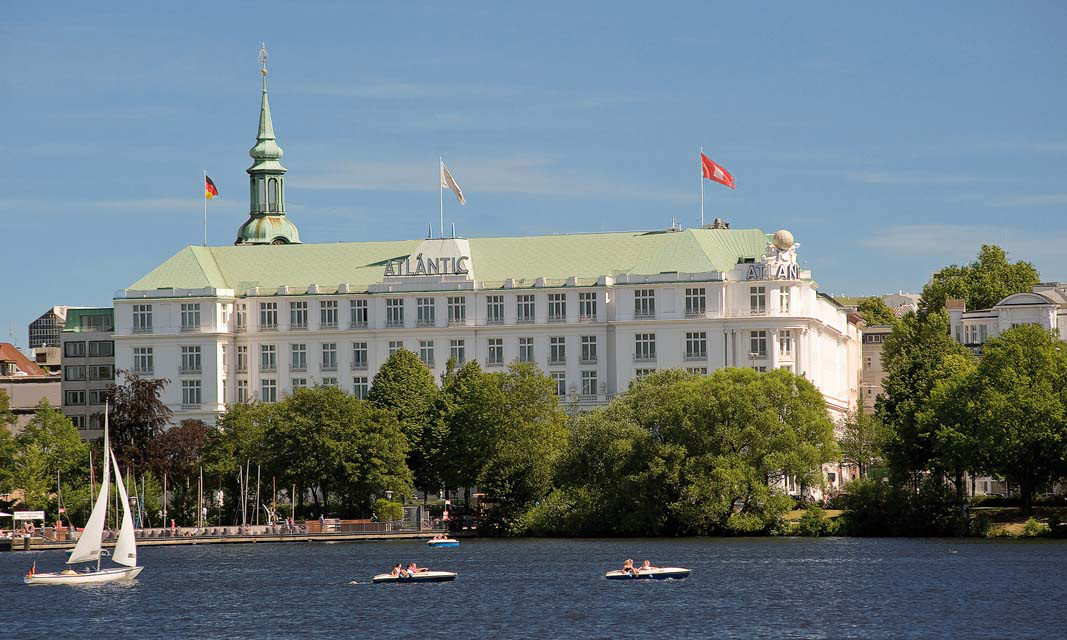“The meetings industry is an economic driver for nations all over the world. As an innovation leader, we envision this megatrends study helping players in the industry develop a future-oriented strategy that can generate business and economic success,” said Matthias Schultze, Managing Director of the German Convention Bureau, at a press conference during IMEX America.
The comprehensive study revealed the following top five megatrends:
1. Technology in work and life:
More than 41.6 percent of respondents identified technology in work and life to be very influential in the future of the meetings business. New forms of knowledge transfer will influence all phases of event planning. For example, the worlds of virtual and live events will blur as planners incorporate virtual components in live events and the number of networked virtual events increase.
2. Globalization and internationalization:
Approximately 28.6 percent felt very strongly that globalization will have a major impact. Meetings will be all the more important to address issues that arise through increased interconnectedness of cultures and peoples. Individuals will need to be more aware of nuances among country cultures, preferences and lifestyles and speak multiple languages.
3. Mobility of the future:
Getting to and from events easily and comfortably and with the smallest possible ecological footprint will continue to be an important aspect of event planning. Host organizations will affect this process through the selection of easily accessible event locations and the use of “event tickets” for air and train transportation, among other things. Mobility of the future came in at 26 percent (very strong impact on the meetings industry).
4. Sustainable development:
Sustainability will remain a guiding principle to influence all areas of meeting planning, from construction and renovation of venues, to transportation, food and entertainment. One aspect of this development is the increasing “regionalization” of meetings, where meeting organizers focus more on utilizing local suppliers as well as inviting local and regional audiences more than before. Sustainability scored 20.8 percent (very strong impact on the meetings industry).
5. Demographic change, feminization and diversity:
Demographic change was cited by 18.2 percent of respondents as “very strong.” An increasingly older meeting attendee population will require accessibility, but the implications extend significantly beyond getting around; they affect the meeting format, even the credentials and demographics of the speakers and presenters. Additionally, as more women travel the meetings circuit, features such as additional security for women traveling alone and child care, among others, will need to be considered. Meeting topics and flexible formats will also be shaped by the growing number of females traveling to meetings and conferences. Similar considerations, such a food choices and holiday observances, must be made as the meeting populations become increasingly diverse.
Schultze added, “We already have plans to further study these trends to determine how our value proposition should evolve to maintain Germany’s reputation as a world-leading meeting destination.”
More about the survey
The survey was conducted by the Institute for Futures Studies and Technology Assessment (IZT) on behalf of the German Convention Bureau. It was generously supported by the European Association of Event Centers (EVVC), MCI Germany, Ruhr Tourism, the Seven Centers of Germany, and visitberlin. The multidimensional research project leveraged the best of the behavioral sciences, and consisted of desktop research, online surveys, in-person interviews, scenario workshops and more. The research was conducted in Germany and other parts of the globe over the past six months. More information about the study and its findings are available in German at: www.germany-meetings.comfuture.





